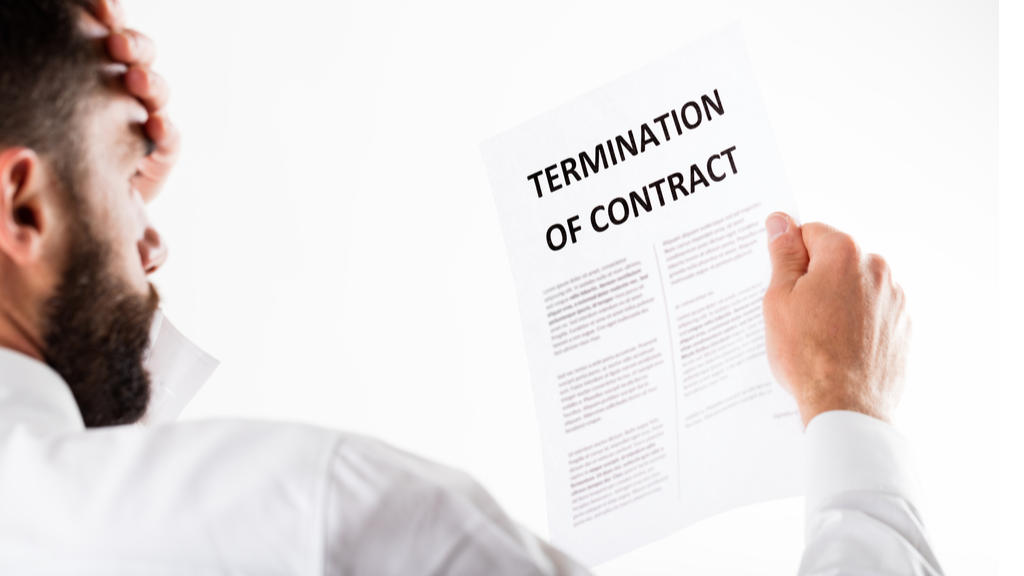We rarely comment about the sanctions regime here on RPA mainly because we deal with trade and investment issues and also as the topic is usually well covered elsewhere. However, the news that Unilever are to slash their European workforce by 30% is a predictable result of sanctions being placed upon Russia and political pressure on Western investors to withdraw.
Unilever has been under pressure to leave Russia, and under Chief Executive Officer Hein Schumacher, it has stopped advertising in Russia and halted Russian exports and imports of its products. The inevitable result? A downturn in business operations and a downsizing of its main European operations – according to reports in the Financial Times, up to many as 3,200 employees are to be made redundant across Europe by the end of 2025.
The job cuts are officially part of Unilever’s “productivity programme” first announced in March, and includes slashing as many as 7,500 roles globally. Unilever employs about 128,000 people around the world. The company, whose brands include Hellmann’s mayonnaise and Dove soap, employs 10,000 to 11,000 office-based staff in Europe. Almost all of Unilever’s European office locations will be equally affected, but particularly its corporate centres in London and Rotterdam.
Unilever’s corporate announcement about the redundancies laid the decision at the need for a corporate rebalancing, rather than the decline of its Russia businesses. But bearing in mind that Unilever’s Russian profits in 2021 had doubled to €108 million, an increase of 91%, and now that has effectively been wiped out, it appears the actual culprit has been pressure to leave the Russian market and a political need to self-destruct its Russian operations.
Unilever owns 8 large Russian enterprises, including a margarine factory in Moscow, a sauce factory, a tea-packing factory and a perfume and cosmetics factory in St. Petersburg, a food factory and an ice cream factory in Tula, as well as ice cream factories in Novosibirsk and Omsk. These will now almost certainly pass into the hands of Russian investors, meaning Unilever will be almost certainly taking an additional significant asset write-off as well. That loss of revenues and loss of billions of dollars’ worth of productive assets needs to be covered up with cuts elsewhere. A loss of European jobs for Unilever employees appears to have been a large part of the solution. Ironically, Russia is suffering from a shortage of labour and wages are rising as its economy booms.
Readers can make up their own minds about the EU’s silence about this most recent economic damage caused to its economy. However as we have pointed out before, redundancies in the EU are a consequence of the sanctions policy impact upon corporate businesses in Russia. Unilever will not be the last.

 Русский
Русский













